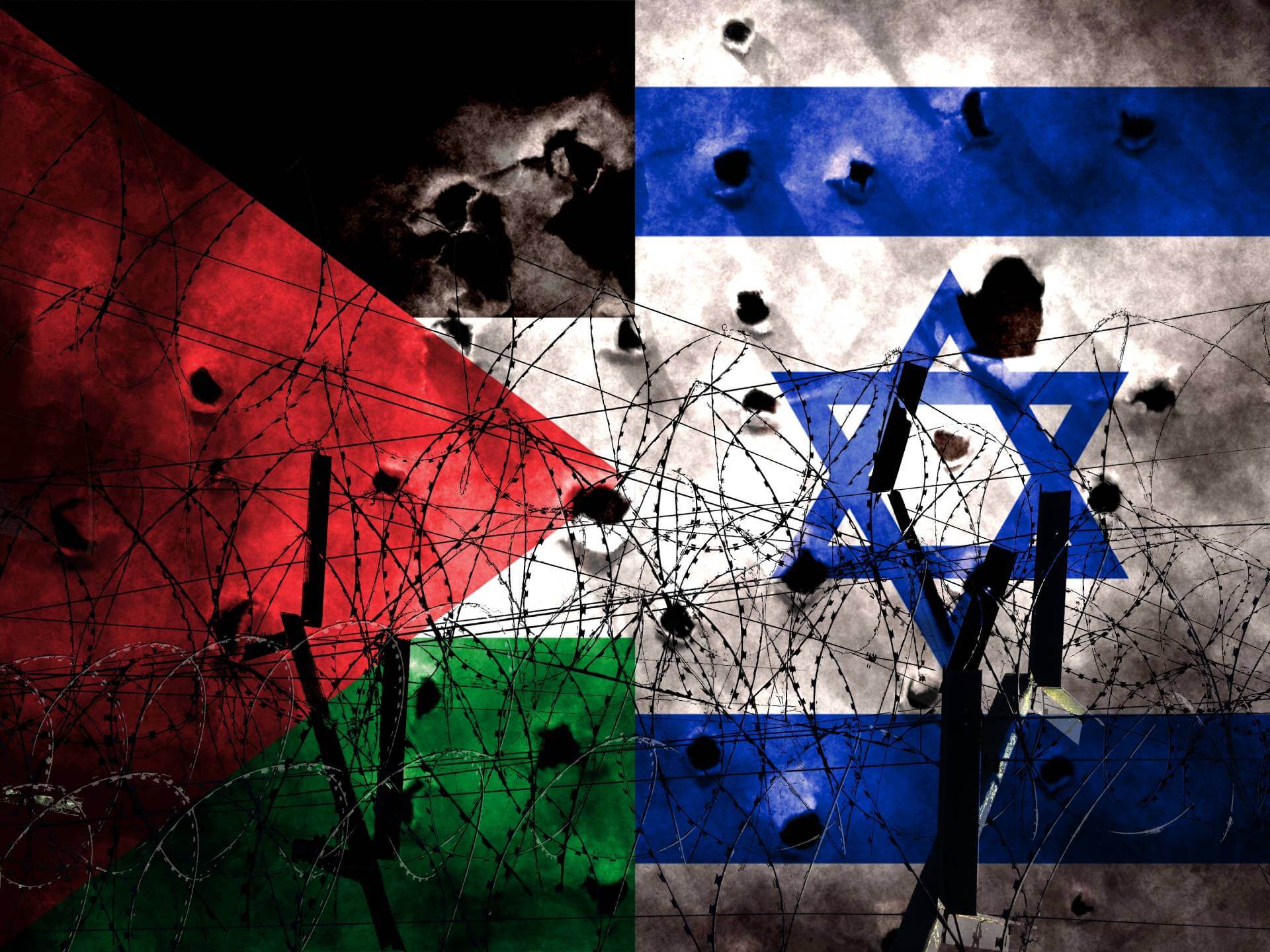There is a tendency in the media reporting of crimes to mix up retribution with justice. In my view, the punishment of the crime should be designed to deter or prevent future crime. It should never be designed to fulfill an emotional wish for retribution or revenge.
These considerations should apply to crimes committed against peoples and nations, as well as individuals. States have a responsibility to defend themselves, and to help build a credible international order that will deter future crimes against peoples and states. However, the existence of this order is predicated on the principle that revenge and retribution should never motivate state action.
When Hamas launched its violent attack on Israel, it made a callous calculation. Hamas leaders probably reckoned that the Israeli response would be so severe that it would strengthen their organization’s position in Arab public opinion. Unfortunately, Israel looks as if it is playing the role Hamas cast for them.
Israel is operating on the assumption that crushing Hamas will lead to peace. This begs the question: Is there another way to build peace?
The truth is that peace will only come through a practical compromise between Israelis and Palestinians. This will require rigorous thought. Slogans will simply not suffice.
The international community advocates a two-state solution for the Israel-Palestine problem. It is far too easy to advocate this solution without thinking through the practical details. The devil will lie in the details.
The two-state solution will not be a formula for peace, unless the proposed boundaries between the two states are delineated, and there is a clear statement of the obligation each state will have towards the other, and the means whereby these obligations might be enforced.
When anyone champions the two-state solution, the media must raise the two issues of boundaries and mutual obligations to this person.
They may not give a definitive answer but that is not material. Such a questioning would make us move the debate away from evasive cliches, and towards difficult practical issues that cannot be avoided in the real world.
Remember, if we cannot find a two-state solution we will be left with three even more difficult options:
- A one-state solution where Israelis and Palestinians have equal rights,
- A state of perpetual war, and
- The complete defeat of one side by the other.
None of these options are probable or desirable.
The views expressed in this article are the author’s own and do not necessarily reflect Fair Observer’s editorial policy.
Support Fair Observer
We rely on your support for our independence, diversity and quality.
For more than 10 years, Fair Observer has been free, fair and independent. No billionaire owns us, no advertisers control us. We are a reader-supported nonprofit. Unlike many other publications, we keep our content free for readers regardless of where they live or whether they can afford to pay. We have no paywalls and no ads.
In the post-truth era of fake news, echo chambers and filter bubbles, we publish a plurality of perspectives from around the world. Anyone can publish with us, but everyone goes through a rigorous editorial process. So, you get fact-checked, well-reasoned content instead of noise.
We publish 2,500+ voices from 90+ countries. We also conduct education and training programs
on subjects ranging from digital media and journalism to writing and critical thinking. This
doesn’t come cheap. Servers, editors, trainers and web developers cost
money.
Please consider supporting us on a regular basis as a recurring donor or a
sustaining member.
Will you support FO’s journalism?
We rely on your support for our independence, diversity and quality.







Comment